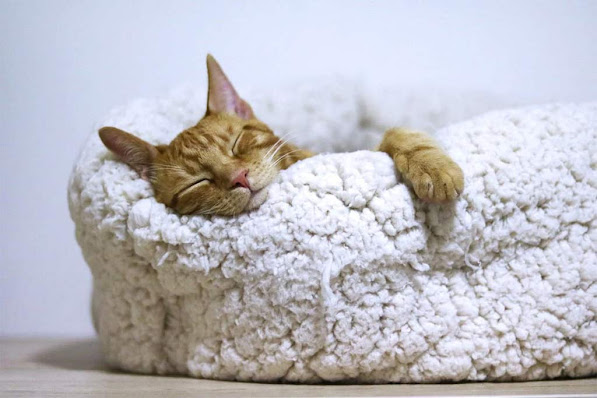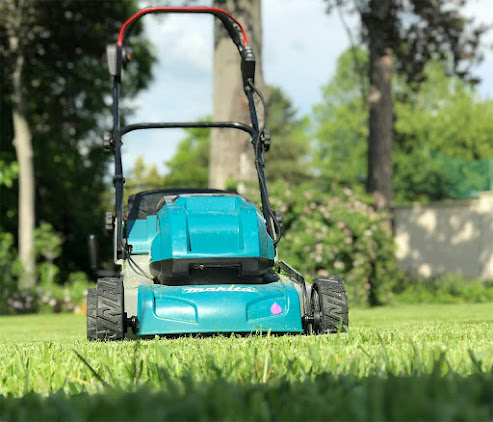Are African Violets Poisonous to Cats and Other Pets?
When it comes to ensuring the safety and well-being of our pets, particularly cats and other household animals, it's crucial to be aware of the potential risks posed by various indoor plants and flowers.
One common concern among pet owners is the toxicity of African violets (Saintpaulia spp.) to cats and other pets. The good news is that African violets are considered non-toxic to cats, dogs, and other household pets. These plants can be safely kept in homes without posing a risk of poisoning if ingested by animals.
However, while African violets are safe, it's important to be cautious with other indoor plants and flowers, as many can be harmful to pets.
Safe Indoor Flowers/Plants:
- Spider Plant (Chlorophytum comosum): Known for its air-purifying qualities, the spider plant is safe for pets and easy to care for.
- Boston Fern (Nephrolepis exaltata): This lush fern adds greenery to your home without endangering your pets.
- Bamboo Palm (Chamaedorea seifrizii): A great choice for adding a tropical touch, bamboo palm is non-toxic to pets.
- African Violet (Saintpaulia): With their beautiful blooms, African violets are safe for both cats and dogs.
- Areca Palm (Dypsis lutescens): Another pet-safe plant that purifies the air and adds beauty to any room.
- Moth Orchids (Phalaenopsis spp.): These elegant orchids are non-toxic to pets and can bloom for months.
Poisonous/Dangerous Indoor Plants/Flowers:
- Lilies (Lilium spp. and Hemerocallis spp.): Extremely toxic to cats, even in small amounts, can cause kidney failure.
- Sago Palm (Cycas revoluta): All parts of this plant are poisonous to pets, especially the seeds, leading to vomiting, diarrhea, and more severe symptoms.
- Dieffenbachia (Dumb Cane): Contains oxalates that can cause oral irritation, drooling, and difficulty swallowing in pets.
- Peace Lily (Spathiphyllum spp.): Similar to Dieffenbachia, it contains oxalates that can cause discomfort and swelling of the mouth and throat.
- Oleander (Nerium oleander): Highly toxic to both cats and dogs, causing severe symptoms including heart problems, severe vomiting, and potentially death.
- Amaryllis (Amaryllis spp.): The bulbs of Amaryllis contain toxins that can cause vomiting, depression, diarrhea, abdominal pain, hypersalivation, anorexia, and tremors in pets.
It's essential to research and verify the safety of any plants or flowers before bringing them into your home, especially if you have pets.
If you suspect your pet has ingested a poisonous plant, contact your veterinarian or an emergency animal poison control center immediately.
Prioritizing the safety of your pets while enjoying the beauty and benefits of indoor plants requires careful selection and awareness of potential risks.
Note: even if the plant/flower itself is not poisonous in any way, if you treat your indoor plants with chemicals due to the pests or diseases, be sure to read the labels on the chemical and adhere to the instructions. Better safe than sorry...





